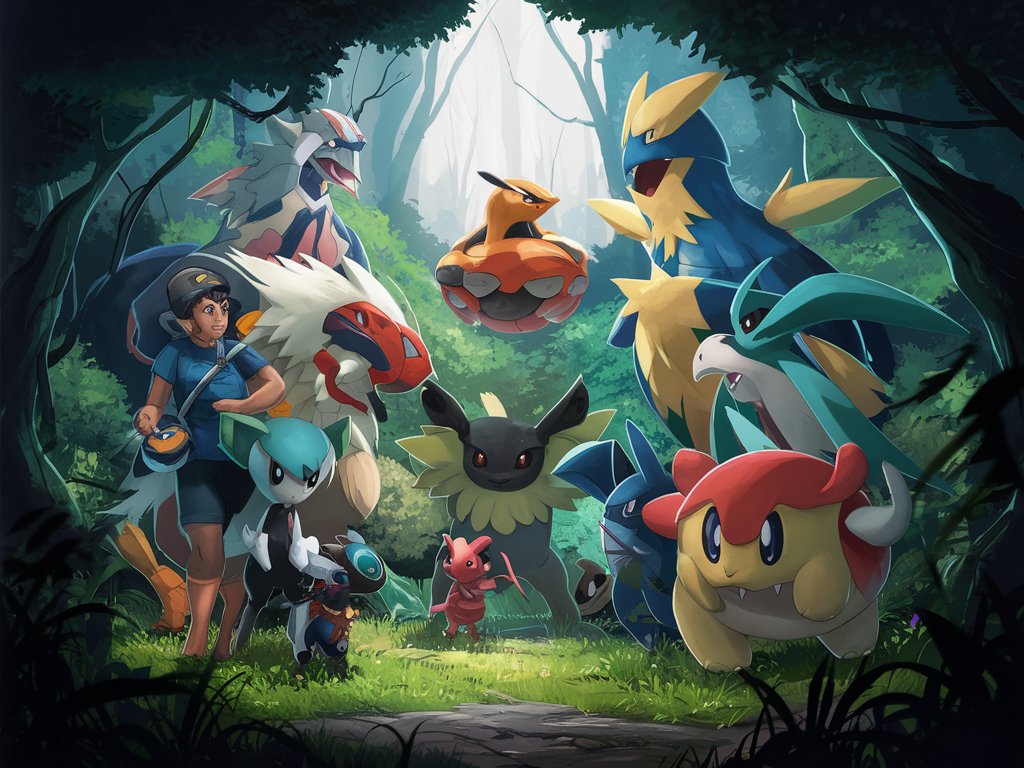In our fast-paced world, the pressure to constantly engage and respond can be overwhelming. We are bombarded with information, social media updates, emails, and various forms of communication that demand our immediate attention. There is immense value in learn to sit back and observe. Not everything needs your immediate response or action. This skill, often underestimated, can lead to better decision-making, enhanced relationships, and a more balanced life. In this blog post, we’ll explore the importance of observation, how to cultivate this skill, and the benefits it brings to personal and professional life.
The Importance of Observation
Observation is a critical skill that allows us to gather information, understand context, and make informed decisions. It involves paying attention to details, patterns, and underlying messages that are not immediately apparent. Here are some key reasons why observation is important:
Improved Decision-Making
When you take the time to observe and gather information, you are better equipped to make informed decisions. Rushed decisions often lead to mistakes or overlooked details that could have significant consequences. By observing, you can identify potential pitfalls and opportunities, leading to more thoughtful and strategic choices.
Enhanced Understanding
Observation helps you understand situations and people more deeply. By watching and listening, you can gain insights into others’ behaviors, motivations, and emotions. This understanding can improve your relationships and interactions, making you more empathetic and effective in communication.
Increased Patience and Self-Control
Learn to sit back and observe requires patience and self-control. In a world that values quick responses, taking a step back can be challenging. However, this practice helps you develop self-discipline and the ability to manage impulses, leading to more measured and thoughtful actions.
Better Problem-Solving
When you observe without immediate intervention, you can see the bigger picture and identify the root causes of problems. This holistic view allows for more effective problem-solving, as you are not just addressing symptoms but understanding and tackling the core issues.
How to Cultivate the Skill of Observation
Cultivating the skill of observation requires practice and mindfulness. Here are some strategies to help you become a better observer:
Practice Mindfulness
Mindfulness involves being present in the moment and fully engaging with your surroundings. By practicing mindfulness, you can enhance your observational skills and become more aware of the details in your environment. Techniques such as meditation, deep breathing, and mindful walking can help you develop this awareness.
Slow Down
In our hurried lives, we often miss important details because we are moving too quickly. Slowing down allows you to notice more and engage more deeply with your surroundings. Take the time to observe rather than rush through tasks and interactions.
Ask Questions
Curiosity drives observation. Ask questions about what you see and hear. Why is something happening? What might be the underlying cause? Who is involved? By questioning, you can delve deeper into situations and gain a more comprehensive understanding.
Reflect on Your Observations
Take time to reflect on what you have observed. Journaling can be a powerful tool for this. Write down your observations, thoughts, and insights. This practice helps solidify your observations and can reveal patterns and connections that you might have missed initially.
Limit Distractions
Distractions hinder observation. Create an environment that minimizes distractions, whether it’s turning off notifications, setting aside specific times for focused work, or creating a quiet space for reflection. This focused environment allows you to observe more effectively.
Benefits of Sitting Back and Observing
The practice of sitting back and observing offers numerous benefits across various aspects of life. Here are some key advantages:
Improved Relationships
By observing and understanding others’ behaviors and emotions, you can enhance your relationships. You become more empathetic, better at resolving conflicts, and more effective in your communication. Observation allows you to respond to others’ needs and perspectives, fostering stronger connections.
Enhanced Creativity
Observation fuels creativity. By noticing details, patterns, and connections, you can draw inspiration from your surroundings. Many great ideas and innovations come from careful observation and a deep understanding of the world around us.
Increased Productivity
When you take the time to observe before acting, you can prioritize tasks more effectively and avoid unnecessary distractions. This leads to increased productivity as you focus on what truly matters and make informed decisions about how to allocate your time and resources.
Reduced Stress
Constantly feeling the need to respond and engage can be stressful. By learn to sit back and observe, you can reduce this pressure and create a sense of calm. This approach allows you to manage your time and energy more effectively, leading to a more balanced and less stressful life.
Better Leadership
Effective leaders are great observers. They understand their team, recognize strengths and weaknesses, and can anticipate challenges. By observing, leaders can make better decisions, provide more meaningful feedback, and create a positive and productive work environment.
Real-Life Applications of Observation
Observation is a versatile skill that can be applied in various contexts. Here are some real-life applications:
Professional Settings
In the workplace, observation can help you understand team dynamics, identify areas for improvement, and make strategic decisions. Whether you’re a manager observing your team’s performance or an employee looking to understand company culture, observation is a valuable tool.
Personal Relationships
In personal relationships, observation helps you understand your loved ones’ needs and emotions. By observing, you can become more attuned to their feelings and respond in ways that strengthen your bond.
Education
For students and educators, observation is crucial for learning and teaching. Students can observe to understand complex concepts and improve their study habits, while educators can observe to identify students’ needs and adapt their teaching methods.
Health and Wellness
Observation plays a significant role in health and wellness. By observing your body’s signals, you can make informed decisions about your health and well-being. Healthcare professionals also rely on observation to diagnose and treat patients effectively.
Personal Growth
Observation is a key component of personal growth. By observing your own thoughts, behaviors, and reactions, you can gain insights into yourself and make positive changes. This self-awareness leads to continuous improvement and personal development.
Also Read: Grab Stunning Shop Denim Chambray Shirts on Sale Now
Common Challenges and How to Overcome Them
While the benefits of sitting back and observing are clear, there are common challenges that people face when trying to cultivate this skill. Here are some challenges and strategies to overcome them:
Impatience
Many people struggle with impatience and feel the need to act quickly. To overcome this, practice mindfulness and deep breathing techniques to help you slow down and become more present in the moment.
Distractions
Distractions are everywhere, from smartphones to noisy environments. Create a distraction-free zone for observation, whether it’s a quiet room, a specific time of day, or turning off notifications.
Overthinking
Overthinking can hinder observation by focusing too much on analysis rather than simply observing. Practice being a passive observer at times, noting what you see and hear without immediately analyzing it.
Lack of Awareness
Sometimes, people are simply not aware of the need to observe. Increase your awareness by setting intentional observation goals, such as paying attention to body language in meetings or noticing the details in your surroundings.
Resistance to Change
Changing habits and adopting a new mindset can be challenging. To overcome resistance, start small and gradually incorporate observation into your daily routine. Celebrate small successes and remind yourself of the benefits.
Practical Exercises to Enhance Observation Skills
To become a better observer, it’s helpful to engage in practical exercises that hone your skills. Here are some exercises to get you started:
Mindful Watching
Spend 10-15 minutes each day in a quiet place, observing your surroundings without distraction. Notice the details, colors, sounds, and movements around you. This exercise enhances your ability to focus and observe without judgment.
People Watching
Choose a public place, such as a park or a cafe, and spend time observing people. Notice their behaviors, interactions, and body language. Reflect on what you observe and consider what it reveals about human nature and social dynamics.
Journaling
Keep a daily observation journal where you write down your observations and reflections. This practice helps you develop the habit of observation and provides a record of your insights over time.
Nature Walks
Take regular walks in nature, paying close attention to the environment. Notice the plants, animals, and natural features. This practice not only enhances observation skills but also provides a calming and rejuvenating experience.
Listening Exercises
Practice active listening in your conversations. Focus on what the other person is saying without interrupting or thinking about your response. This exercise improves your ability to observe and understand others.
Conclusion
Learn to sit back and observe is a valuable skill that can transform various aspects of your life. By improving your decision-making, enhancing your understanding of others, and fostering patience and self-control, observation leads to better outcomes and a more balanced life. Cultivating this skill requires mindfulness, practice, and intentionality, but the benefits are well worth the effort.







